On the 5th of January 2021, just after an exclusive presentation of their Spring 2021 collection, Bottega Veneta deleted their Twitter, Instagram, and Facebook accounts leaving fans and marketers puzzled. Over the last decade brands in fashion and not only, have increasingly built strong reliance on social media to reach and engage their customers. Recent privacy scandals, algorithm changes, censorship across social media giants raised red flags for many brand owners. Is Bottega Veneta’s move a reaction to that? Is it a marketing trick? Is it going back to the roots of luxury fashion, with an exclusive, intimate connection between the brand and its audience? We wonder. So we asked around. Here are some opinions from the fashion and entrepreneurial world.

Luxury brands have been over commercialised and exposed. Taking away the desirability. As many brands are doing the same and market feels saturated with posts.
Patricio Baeza, Retail Manager
BV was a brand known for less branding, and it was more about craftsmanship. There was less exposure in the past and it was extremely successful.
From a professional point of view I think store managers and sales team are becoming less creative in having fun with the product and relying on social media and PR to do the job for them. Particularly in markets like Asia.
Plus seasons move too fast when customers have not even enjoyed one season and they are already exposed to the next. As a previous manager, it took away some of the joy of having less information and becoming more curious. Slowing things down a little will be more enjoyable for everyone, for customers and retail teams.

I believe Bottega Veneta wants to take back control of its communication strategy, often too much driven by social media platforms and influencers, with the tail wagging the dog.
Grazia Venneri, founder at NeverEndingVibes.com
The aim could be to differentiate themselves better for their customers who prefer exclusivity and understated luxury. The Fashion industry has gone through overexposure on social media that certainly increased visibility but reduced differentiation, with most brands publishing similar content and relying on the same influencers. We might see an evolution towards truly engaging and personalized customer experiences driven by tech advancements such as Artificial Intelligence.

When we thought we were at the climax of social media communication, some brands chose wisely to have less visibility and appear to be confidential. Luxury is about distribution and quality. Keeping high quality levels and getting out of mass marketing is what luxury is all about.
Valerie Thomas Le Yar, CEO Kolmyway
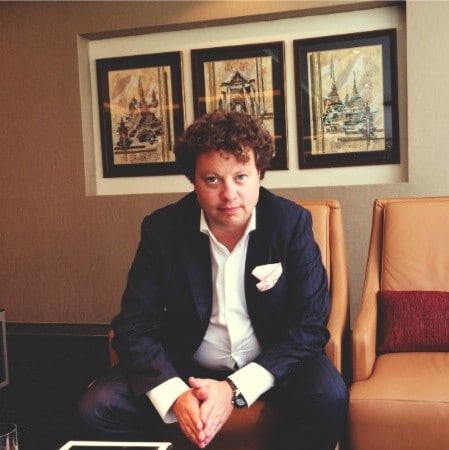
…as part of a much larger group, Bottega Veneta is most likely being used as a test brand to understand the impact, and if successful we should expect to see more brands in the group following this initiative.
Scott Newton, CEO Kolmyway, Managing Partner Thinking Dimensions, Board Member and Equity Partner Strategy Tools
Bottega Veneta has decided to leave social media for three key reasons: Firstly, to regain control of how their brand is presented and positioned. Secondly- Bottega Veneta is a brand that communicates and identifies with Exclusivity- therefore, by limiting their exposure, they are reinforcing the message with their key customers. Lastly- as part of a much larger group, Bottega Veneta is most likely being used as a test brand to understand the impact, and if successful, we should expect to see more brands in the group following this initiative.
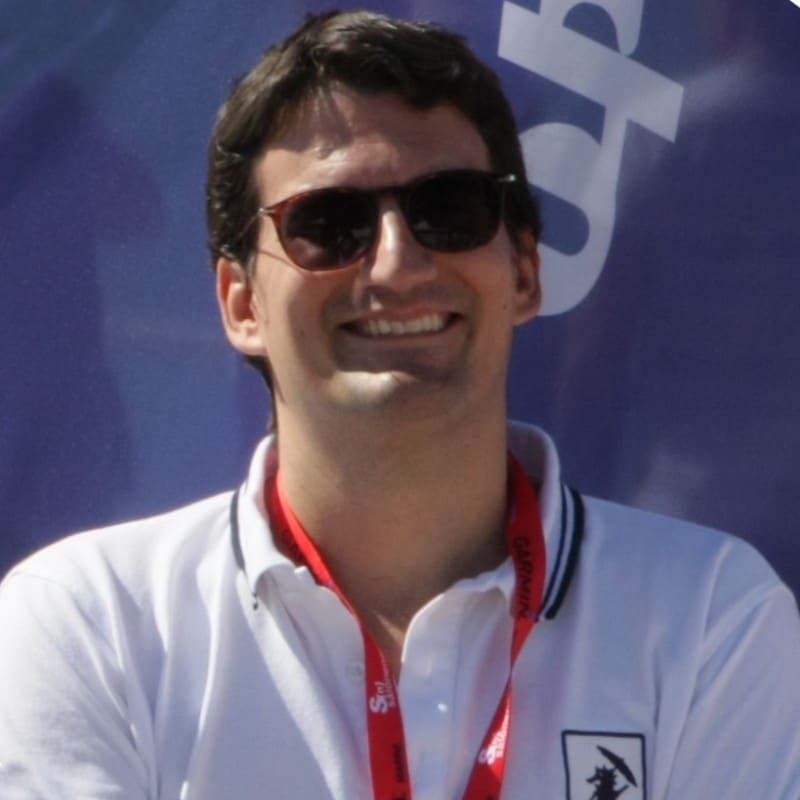
Sure focusing on direct connection is a possible reason. This brave strategy, in my humble opinion, is winning and farsighted and could increase the charm and the exclusivity of the Bottega Veneta brand. Obviously it is a choice not for all. Bottega Veneta thanks to its past and the path undertaken with Daniel Lee and Dario Gargiulo is able to do a social detox, distinguishing itself from all its competitors.
Pasquale Mario Passalacqua, Yacht designer & PMP Design Founder
They are the first notable fashion house to do away with Social Media that I know of, and I think this is designed to bring media attention to the brand.
In my opinion, building a brand and garnering brand loyalty all starts with the customers and target market they have in mind. Build an internal strategy appeasing customers – this can be achieved through direct feedback from customers, online surveys, etc.
Social media has been used primarily to educate and inform users.

Leaving social media might be a smart move and probably Bottega Veneta has chosen the right time. Return on investment on social networks is not that big for luxury brands.
Giulio Gargiullo, Independent Marketing Manager specializing in Russian market and luxury goods and services
On the other hand, sharing customers’ data on many social media sites is not a great idea, for privacy reasons obviously, but also because luxury goods shouldn’t be present where mass products are. I mean, something exclusive because of its nature is for few people only, so it’s shouldn’t be available anywhere. Exclusivity should be guaranteed also online, also in the digital life, we’re currently living in. Reconsidering your presence online means also protecting your brand reputation, especially in a world where anyone can easily harm it or manipulate it. A brand name, its history, its values are priceless, then we have the duty of protecting it and enhancing it over time.

I guess that this move will bring them closer to their initial identity and, more important, in a deeper and more personal connection with their customers.
Andreea Constantinescu, Entrepreneur
As I see it, Bottega Veneta, lately, in the past 4-5 years, dealt with a lot of confusion. Part of it, I think, came as a result of the constant leadership changes and part for the major pressure of the commercial competition. The pressure of competition may be constructive, but in conjunction with the leadership changes may be very confusing and self-defeating. Most of all, because the trend in luxury fashion is sometimes subjected to unachievable targets and goals.
Bottega Veneta had set a lot of competitive goals when Kering group welcomed it on board. For a long period, BV could keep up with most of the expectations, also thanks to the CEO of that particular moment who managed to reconcile the property economical expectations with the creative views of the creative director at the wheel in that precise moment.
When Daniel Lee was appointed as the new creative director, I felt that it was the beginning of a new era, without detracting the great legacy of Tomas Maier. Clarity has to be made. Surely, it was a hard task, but by only doing a simple Google research on Daniel Lee, it was obvious that he didn’t like the social approach. He himself does not have any account on FB, Instagram or any other visual or social platform. He always declared that he prefers the 100% human interaction. I am sure that since he came in BV he took his time to analyze the dynamics and he perceived, first of all, that there was a lot of confusion regarding the future of the brand and hesitation and incertitude regarding the history of it.

…suddenly it became a rat race to have the most standing out communication strategy. To expand platforms. To make more videos. And yet not creating a lasting dent.
Soumya Jain Agarwal, Chief Editor of LuxuryFacts.com
It could be for all those reasons, or none at all! But to speculate, I think the top most reason in my mind is the changing definition of luxury during the pandemic, and how luxury brands started using social media during this time. Before the pandemic, while all brands were on social media, and most were active also, everyone started a highly-electrified usage of social media for everything during the pandemic. Whether it was to live stream fashion shows, make announcements, launch campaigns, or even host bartending sessions and DJ performances to keep fans hooked.
Between all this, suddenly it became a rat race to have the most standing out communication strategy. To expand platforms. To make more videos. And yet not creating a lasting dent. By exiting social media, Bottega Veneta maybe made a decision to figuratively go back to the original definition of luxury: not making 10 collections a year, not producing 10 campaigns, not having the pressure to publicise the collections, and thus becoming exclusive again by exiting the rat race. Daniel Lee, creative director of Bottega Veneta, who is famously not on social media himself, would understand all about easing the public pressure, instead focusing on the design and quality of the product, and on the customer that matters.
The second reason could be to restrategise their social media and come back with something different, more solid, more in line with the ethos of Bottega Veneta. Having said that, the fact that the brand has completely deleted the accounts (and not retained the handles), it may be a long shot to see them coming back soon anytime…

Especially in the luxury business I strongly believe the brands have to lead the market and not the opposite.
Elena Viganò, Consultant
I believe BV decided to take such a bold move not only to protect their clients’ data/privacy but also to keep a distance from the crazy social media scene, where so-called “influencers”, who most of the time don’t know anything about luxury and/or fashion, can make or destroy a product or a company, mostly for money reasons. Especially in the luxury business, I strongly believe the brands have to lead the market and not the opposite. Let’s remember what Coco Chanel did….She completely changed the way women looked and dressed, not caring about the criticism she could face at the beginning. She dictated the style, she didn’t try to please everybody and most of all she did make women looked more beautiful not uglier, just to make a statement and win more followers!!
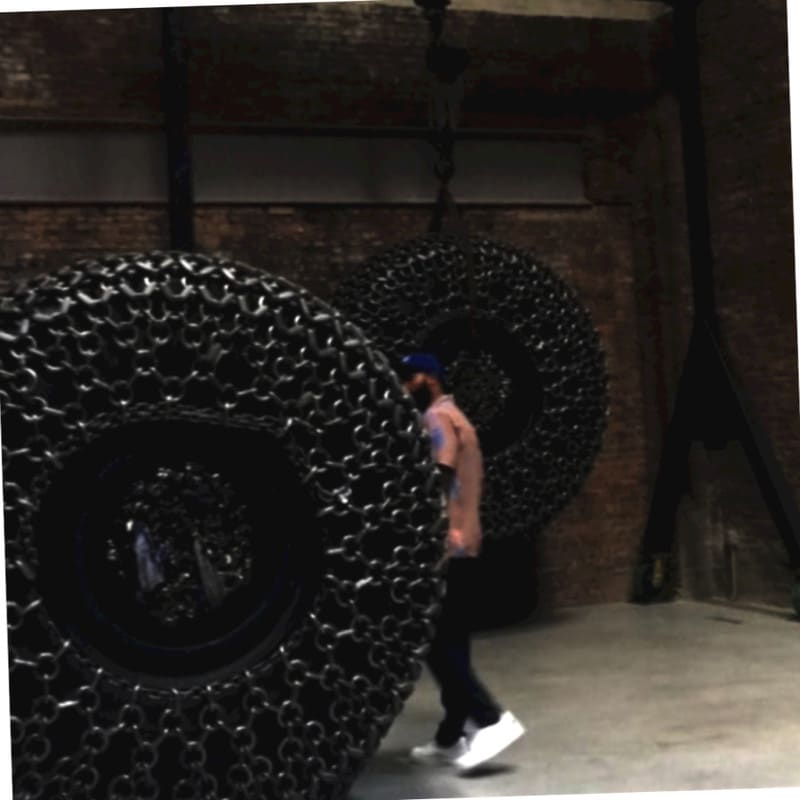
Social media has made some of the most creative houses and brands creative outputs very lazy because the benchmark for success has been translated to only dollars + likes/views.
James W. Lee III, Creative Production Lead @Cash App Brand Design Studio and Vice President @extratwopercentRECORDS
I think Bottega Veneta made the right decision by leaving social media during these times where various brands are using the current political atmosphere to reel in new consumers + keep legacy consumers engaged. Social media has made some of the most creative houses and brands’ creative outputs very lazy because the benchmark for success has been translated to only dollars + likes/views. We’ve lost the aspect of consumer word of mouth, creating an organic story visually within print production, brand websites, or even before the virus spread, simple experiential marketing, and most importantly, letting the product speak for itself. It is also very easy to get lost in the space of social media, where everyone and everything is a brand nowadays. No matter how expensive the end product is, there are millions of brands in front of consumers’ faces via social media that you cannot cherish a beautiful piece of product/photography without being distracted by the next ad coming your way.
I think Bottega Veneta is placing their bets on their internal teams and going back to what made them special, which is the final product that they’ve produced since their inception in 1966. I’m hoping that this bold move is taking them back to the drawing board, where they’re aiming to execute greater brand storytelling in other mediums rather than the 16:9 square format we’ve all exhausted for over a decade now.
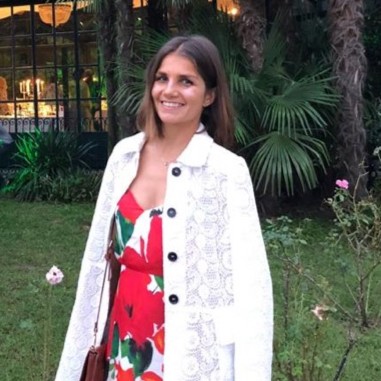
At a time when brands are competing to create the most compelling content, daily, consumer fatigue is increasing.
Severina Grozeva, Brand Communications Strategy Consultant
The reasons are likely to include achieving differentiation, focusing on alternative ways of communication and driving renewed interest and desire.
At a time when brands are competing to create the most compelling content, daily, consumer fatigue is increasing. This content creation race requires a lot of resources, so it might very well be that Bottega Veneta will focus on alternative means to get their message out – whether that is one-to-one communication with loyal customers or via fan accounts such as @newbottega. It feels like a ballsy move, however, it is very likely based on consumer sentiment and trend research that support this move.
Nowadays, it might seem counterintuitive, but keeping the curtain down has long been a desire-building tactic. It feels authentic for a brand that operates without a logo (their original slogan is your initials are enough), in a logo-ridden world.

Social media platforms offer great opportunities but the flip side of the coin is they also offer a tremendous amount of white noise.
Kate Sheldon, Fashioneering
While I can not speak to the reasons behind the decision Bottega has taken with regard to their social media presence as they are not a current client of Fashioneering my opinion on the move is it was a very good one. While it would not make sense for all brands it does for a heritage brand such as theirs. Simply put; scarcity breeds demand. Social media platforms offer great opportunities but the flip side of the coin is they also offer a tremendous amount of white noise.
For some iconic, best-in-class, heritage brands, there is much to be gained in a quiet form of marketing that relies almost solely on letting the product speak for itself. Luxury consumers are often looking for best-in-class products that only those “in the know” may be familiar with. Blasting your message all over social media goes counter to that idea. It would not be the right move for everyone; but it is a brilliant more for Bottega.
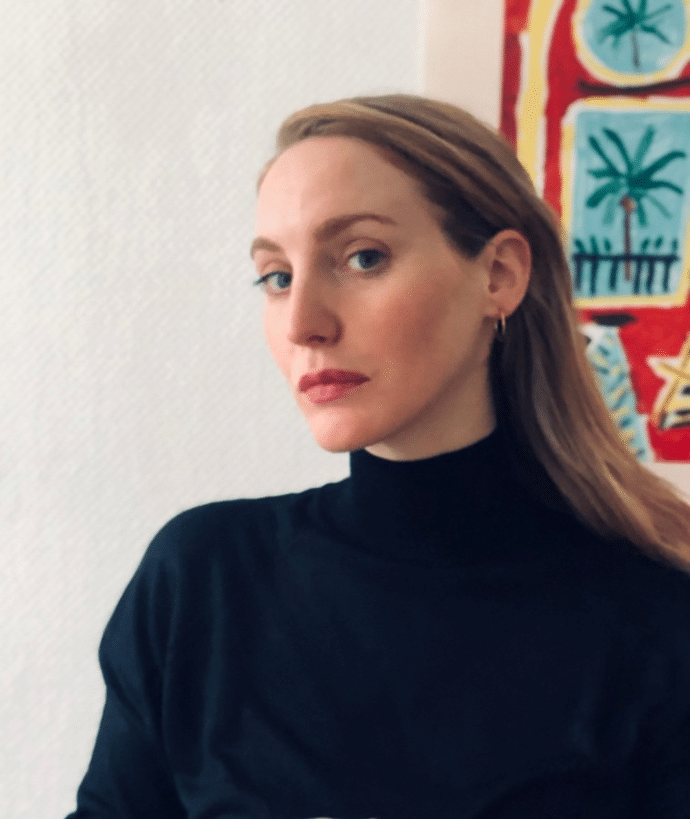
Bottega Veneta’s decision to leave social media is an example to be followed by any brand that respects its audience and wants to create strong connections with them, based on real exchange and interaction, that provides value for both the brand and the consumer and lasts for a lifetime.
Nefeli Mandilari, Founder and CEO of Ergon Studio
I believe it’s an excellent move. It is bold and brave and a great risk at the same time. By doing so, Bottega Venetta is not only publicly
demonstrating trust in their brand and their products, but also actively caring for their audience’s well being and the protection of their privacy, something that no other fashion brand has done so far. It is about time that we considered the ethical side of social media advertising. It’s no secret that the imagery that is being published on these platforms, doesn’t represent reality. It sets unrealistic beauty standards, suppresses body positivity and inclusion and it takes a toll on the emotional, physical, and mental health of their users, especially young people. Bottega Veneta’s decision to leave social media is an example to be followed by any brand that respects its audience and wants to create strong connections with them, based on real exchange and interaction,
that provides value for both the brand and the consumer and lasts for a lifetime.

One negative comment from influencers with multi-million followers can destroy a collection, maybe this dynamic is forcing them to be more focussed.
Stephen Howells, Checkpoint Systems GmbH
I think that Bottega Veneta have not left “social media”. My belief is that retailers are being more specific about what digital channels to use – but it is important not to generalise. LinkedIn is a social media channel – however, it is a professional channel – no influencers, no rock stars. Social Channels with influencers etc – true social channels – contain risk, people who subscribe edit content, negative stories can trend faster than positive, one negative comment from influencers with multi-million followers can destroy a collection, maybe this dynamic is forcing them to be more focussed.

In this time of great economic uncertainty, we need to find a way to get noticed.
Jason M. Pagano, General Product Manager
In this time of great economic uncertainty, we need to find a way to get noticed. I think that by communicating the exit from social media, Bottega Veneta has achieved its purpose!

I believe that the choice of Bottega Veneta was guided by a careful analysis of these trends and only anticipated what could be a choice of many other brands: to let the community speak.
Federica Capra, Missoni, Digital Marketing and Communication
The content creation process is becoming more open-source and social platforms are evolving to become co-created spaces, not just enjoyed. I believe that the choice of Bottega Veneta was guided by a careful analysis of these trends and only anticipated what could be a choice of many other brands: to let the community speak.
We hope you enjoyed reading all the above, we certainly did! What is your opinion on the topic? Don’t hesitate to reach out and share it!


Previous Next